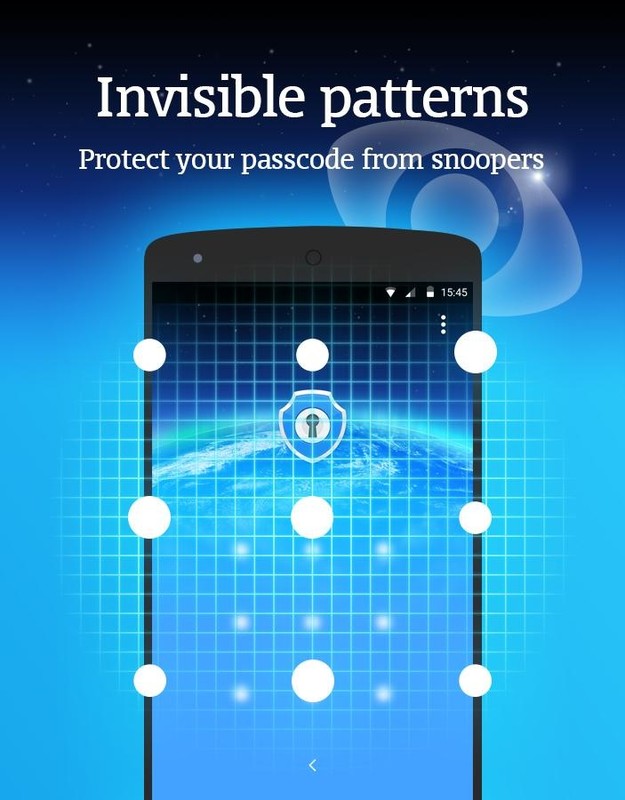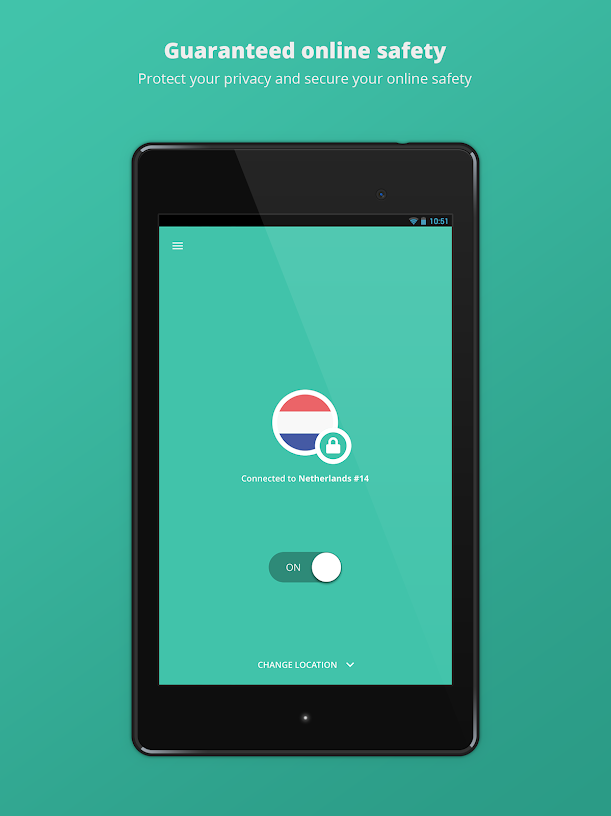
- #PRIVACY PRO FOR ANDROID HOW TO#
- #PRIVACY PRO FOR ANDROID UPDATE#
- #PRIVACY PRO FOR ANDROID ANDROID#
- #PRIVACY PRO FOR ANDROID SOFTWARE#
- #PRIVACY PRO FOR ANDROID BLUETOOTH#
#PRIVACY PRO FOR ANDROID ANDROID#
This is actually something that Android has inherited from Linux, which the OS is based on.
#PRIVACY PRO FOR ANDROID SOFTWARE#
Be wary of unknown sourcesīy default, Android locks down the sources of software you can use by only allowing you to download apps from “approved sources” that have been vetted by Android developers.
#PRIVACY PRO FOR ANDROID UPDATE#
In Android, you can update your software at any time by going to Settings > About Phone > System Update. If you don’t keep your phone updated, you are opening yourself up to vulnerabilities that can be exploited by hackers to steal your data. Keep your software up-to-dateĮveryone knows that keeping your software up-to-date is incredibly important, but even the most security-conscious people sometimes skip that annoying notification. Just don’t forget the PIN, because if you do all of the data on your phone may be lost forever. You need to enter a PIN to do this, and the phone needs to be plugged in. Encryption, though, is by far the best way to keep your data private, whether your phone is hacked or stolen.Įncrypting your phone can be done from the “security” menu in Android. Encrypt your deviceĮncrypting your entire phone is pretty simple, but not many people do this. That’s because if you are using the other locking methods that Android provides - your fingerprint or face recognition - you are consenting for this biometric information to be stored on your phone, and occasionally transmitted to Google. In 2019, it might seem a bit old-fashioned to use a PIN (or, even better, an alphanumeric password), but in terms of data privacy, a PIN is still king. This is also a good idea, and we’ll come to that process shortly. When you set up a PIN on your device, some versions of Android will ask you if you want to encrypt the device as well. Locking your phone prevents random strangers from being able to get into it and keeps your data private in the event that your phone is stolen or one of your friends “borrows” it. Use a PINĪnother basic privacy step is to lock your phone with a personal identification number (PIN). Unfortunately, this really limits what you can do with your phone. Going further, you can even use your Google device without signing into your Google account. Go to your settings, and look for “activity controls.” Here, you can limit the data that Google is collecting via your phone. Android phones let you do this, but it is hidden. Avoid Google Data Protectionįirst and foremost, you should be aware of Google’s fake commitment to privacy and limit the data the company collects from your phone.
#PRIVACY PRO FOR ANDROID HOW TO#
Here is a short(ish) list of how to do that.

With that out of the way, let’s make your phone more secure. In short: if you are not using a service right now, turn it off. Don’t connect your phone to your computer (if you can avoid it), because smartphones can also act as a reservoir of malware, and your phone can be infected without you realizing it.
#PRIVACY PRO FOR ANDROID BLUETOOTH#
Don’t leave your Bluetooth on because there are plenty of Bluetooth security vulnerabilities. Don’t let your phone connect to unknown WiFi networks because they may be a source of malware. This goes for whatever smartphone, and whichever operating system, you have. The basic principle: Turn everything offīefore we begin with the specific steps necessary to make your Android device more private, let’s highlight a basic principle of using your phone: turn off all the connectivity you do not need. With a little poking around in your device’s menu, you should be able to find the relevant option. Most of the menus we mention will be the same for most current Android devices, but since devices vary you might find these options in a slightly different location or named differently. In each step below, we’ll show you how to use the settings menu on your device to increase your security and privacy.

In this guide, we’ll show you how to do that. It is possible, though, to use Android in a way that drastically limits the amount of data you are sharing with Google (and other companies who want your data). What a lot of people forget is that Android was developed by Google, and is one of the most important tools for this data collection. Most people who use Google services are aware the company is tracking their location, checking which websites they go to, recording their voice, and reading their emails. If you believe, like us, that privacy is a human right, Android is something of a nightmare. But while you might value your smartphone for the convenience it gives you, tech companies value it for an entirely different reason: it is collecting data on everything you do. It’s easy to forget that, of course, because we are so familiar with them, and they are so useful. The smartphone is one of the most invasive devices ever invented.


 0 kommentar(er)
0 kommentar(er)
